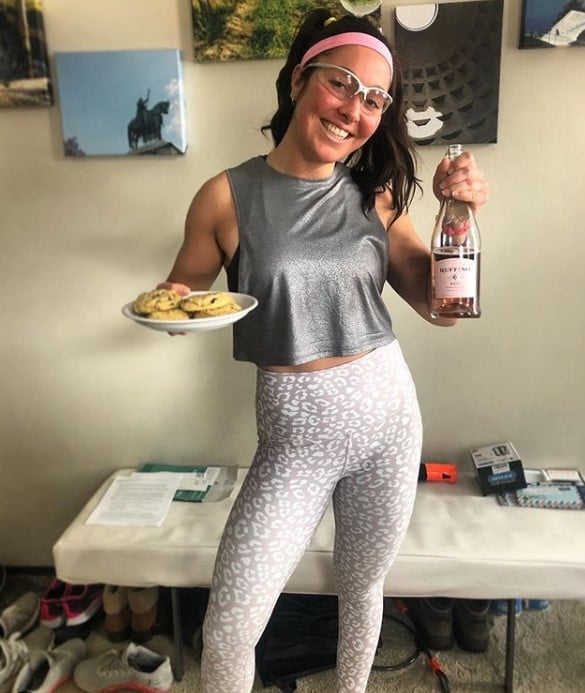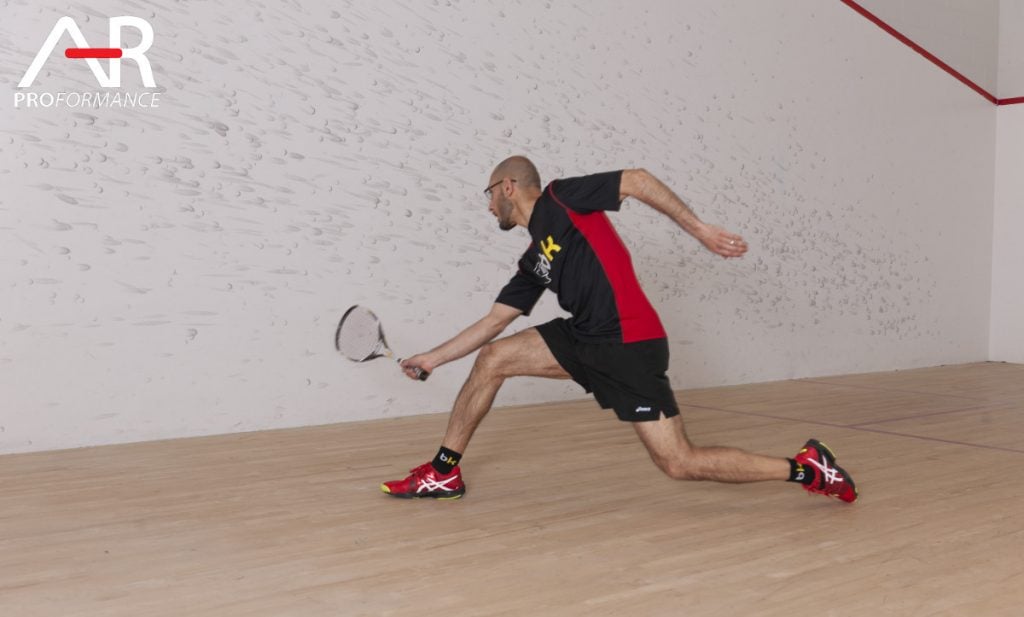I was logged in to my Twitter account and found a post this morning from SquashSite about training featuring Nick Matthew. Below is the article, the author and original source.
Source: http://www.menshealth.co.uk/living/men/the-mh-interview-nick-matthew
Author: Ed Vanstone
How many hours do you spend training a week?
About four hours a day, six days a week. This has altered over the years: I think when you're younger you do a few stupid things which, these days, the body wouldn't be able to cope with. Training smart not hard, with lots of recovery work and non-impact sessions such as getting in the pool if there's little time between tournaments – this is my principle now. But I always have just the one day off a week. Possibly another half day depending on the schedule.
Are you on court every training day?
It's pre-season now, so I'm not doing as much as I would be during the season, when I'll be on court at least five days a week. Sometimes twice a day when I really want to sharpen things up. And that time will vary between drills with my coach, drills with a partner, solo practice – which is really important in squash – and match play.
Take the everyday squash player who simply wants to beat their mate. What's the easiest thing they can do to become a better player?
Get on the court once a week by yourself and practice the things that you're getting beat at. Or your weak spots. Say you're particularly poor at getting the ball out of the backhand corner, set yourself situations where you're doing that. If you can get to see a coach who will give you some tips that's obviously the best thing, but if you're short for time or cash just get on the court and set up scenarios.
So solo practice can be really beneficial?
Yeah, squash is pretty unique in that it's a sport you can get plenty of practice at by yourself. You can essentially set up any drill you want (the ball's always coming back to you) and – I think even by professional players – it's an underused tool. It's tempting to have a run around and work up a sweat, but it's often more rewarding to slow yourself right down and try out new shots without the pressure of another player. And obviously you're hitting by yourself so you're getting twice as many balls.
Any other specific drills can you do alone to improve your game?
I have two different types of solo practice. One is where I want to do a bit of a physical workout where I'll do a lot of what's called ghosting, which is basically movements without the ball. I might do five or 10 minutes hitting and then some sets of ghosting and then go back to hitting again. That way you practice hitting when you're heart rate's higher. And with the other type of solo practice I like to be pretty static and just be practicing racket skills – shots and accuracy, basically.
Like trying to hit exactly the same spot repeatedly?
Yeah. Set yourself targets and count how many you can hit. For straight drives down the wall you should be always aiming for two or three floorboards off the side wall. And try figure of eight hitting – front wall then side wall then back to yourself alternating forehand and backhand.You can practice all your drop shots off the angles you create, too. Just try to vary it because though it's one of the most beneficial types of training it can be one of the most boring as well – so you have to try and make it more fun.
What are your cardio workouts off-court like?
I think, whatever sport you play, you should try to replicate the demands of that sport in your training. Since a game is about 45 minutes I'll go to the gym and do a session which is 10 minutes on the treadmill, 10 minutes on a bike, 10 minutes on a crosstrainer, and 10 minutes row – or five at the start and five at the end. You might get 90 seconds moving between stations and this replicates the five games of a squash match. You can think of each bit of equipment as one game.
Wait. You only get 90 seconds rest between squash games?
We actually get two minutes now; they've changed it.
MH usually likes longer than that... Any other cardio tips for squash players?
Rumble circuits. These are almost like army training. You do 40 minutes and your rest is basically going from one station to the other. Say if you've done some work on your upper body, you next work your legs or core, and then you do some cardio – so you're never working the same body area two stations in a row. You can throw in any exercise in the book – but not heavy lifting; it's reps for the cardio benefit all the time. You're always on the move which, again, is like a squash game where you might get 10-15 seconds between rallies.
Give us an example of one of your circuits
I might do a bit of boxing; sprinting up and down some stairs; 500 metres on the row as fast as I can; 2k on the bike as fast as I can; then some core; then chins; press-ups. Short sets of everything. Then run round the building as fast as I can. More skipping. [MHpasses out] Then just keep repeating different exercises and the time flies by. You can even do 20 minutes for a quick blow out. It's great fun. [MH> wakes up]
Excellent... And how strict are you nutritionally?
Very. Though I've just had three and a half weeks off at the end of the season and I let myself go. Not stupidly. But I had a few more drinks than I usually would, and if I fancied a burger I'd have one. I think it's important to kick back sometimes. But when I'm in training it's very much everything in moderation. Porridge for breakfast, plenty of fruit snacks, plenty of lean meat. Unfortunately I'm allergic to fish which is a nightmare because I know the health benefits. Before tournaments I tend to carb load a bit more. I remember I had one trip where I was counting down the number of bowls of pasta I had to eat before I could go home and have something different. I felt like I'd had pasta 20 days in a row. But I was winning so I stuck with it.
But you will have a drink?
Occasionally yeah. Just at the right time: glass of red wine with dinner. I'm not too obsessed with diet, but it's obviously very important because of the demands of the sport. I think the most important thing of all is within half an hour of a hard session to get some protein recovery drink in your system. Because if you don't do it one day you notice the difference straight away – your body's just not refuelling.
How much sleep do you need to be at peak performance?
Personally I think my cut off time is nine hours. If I'm not able to get that I'll always find the need to have power naps during the day. It's important because sleep's when your body really repairs itself and recovers from the week before. If you don't get enough sleep you can really find it hard to get that quality training the next day.
How have you coped with coming back from holiday into hard training?
I can barely walk at the moment because I'm so sore: DOMS [delayed onset muscle soreness] from the first few days back. This is my 12th year of training. But you forget the pain every year and every year you're horribly reminded. It's tough. But once you get a couple of weeks back into it you get past all that.
Do you still enjoy playing after 12 years, too?
Yeah. It's bizarre being one of the veterans because I still feel young. I'm still enjoying the travelling as well. I think that's key: having the hunger to do both the travelling and the training, because as soon as you lack the impetus to get up at 7am and do that brutal run – that's the time when your performances might start to dip a little bit. But fortunately I've still got that for now.
And still rising to run at seven?
For a couple more years yet. And then hopefully I'll still be able to get by – but maybe more on experience by then...


